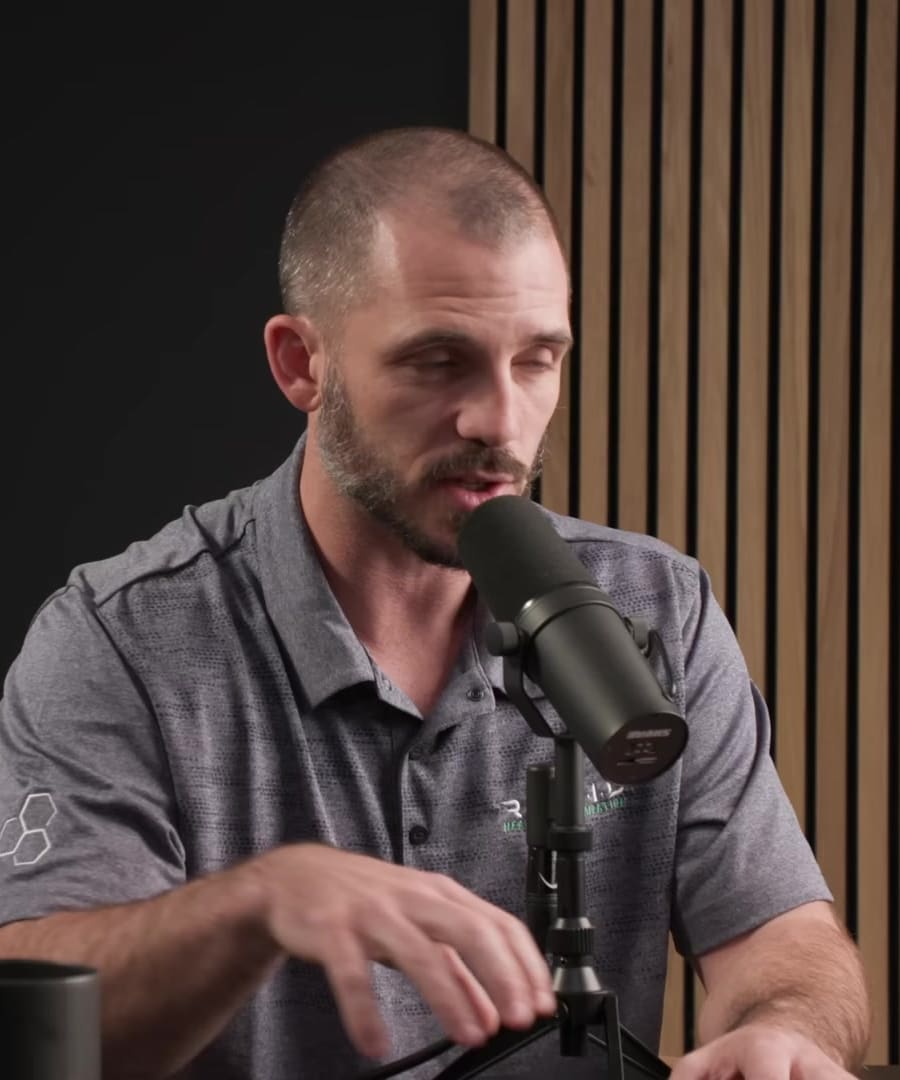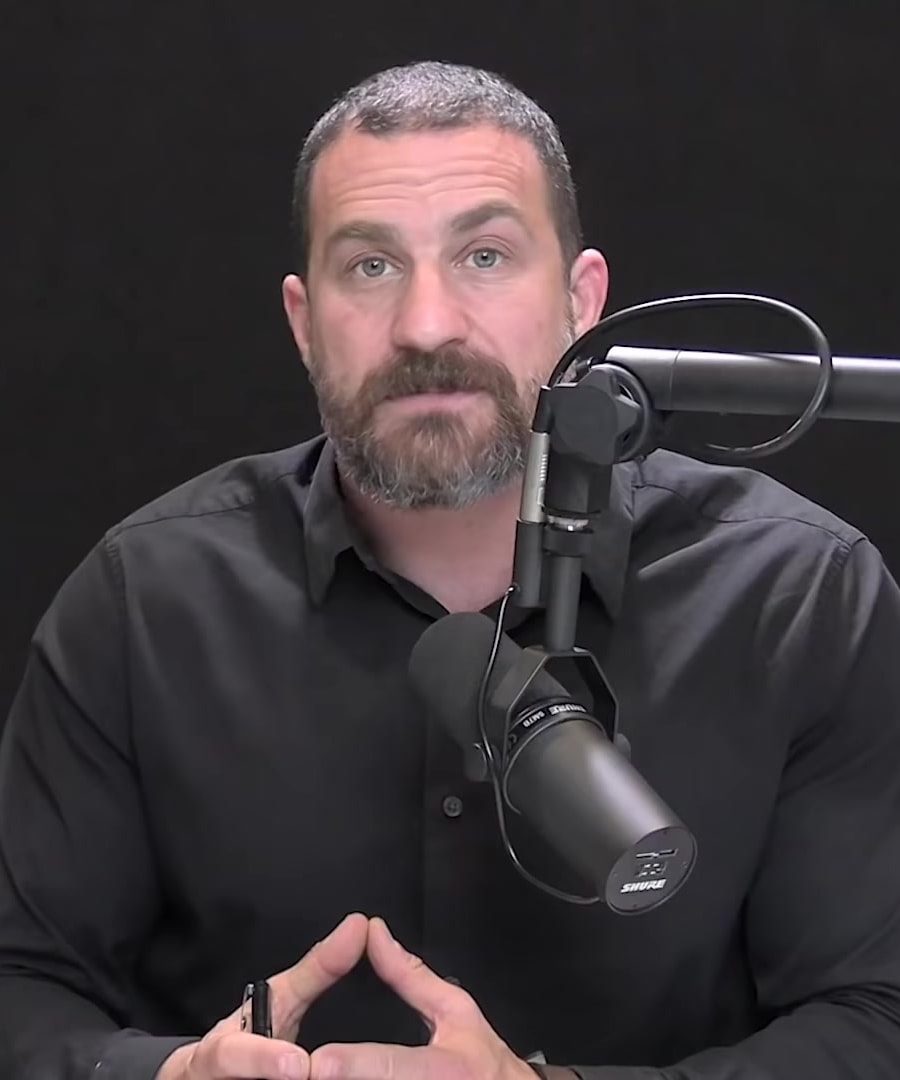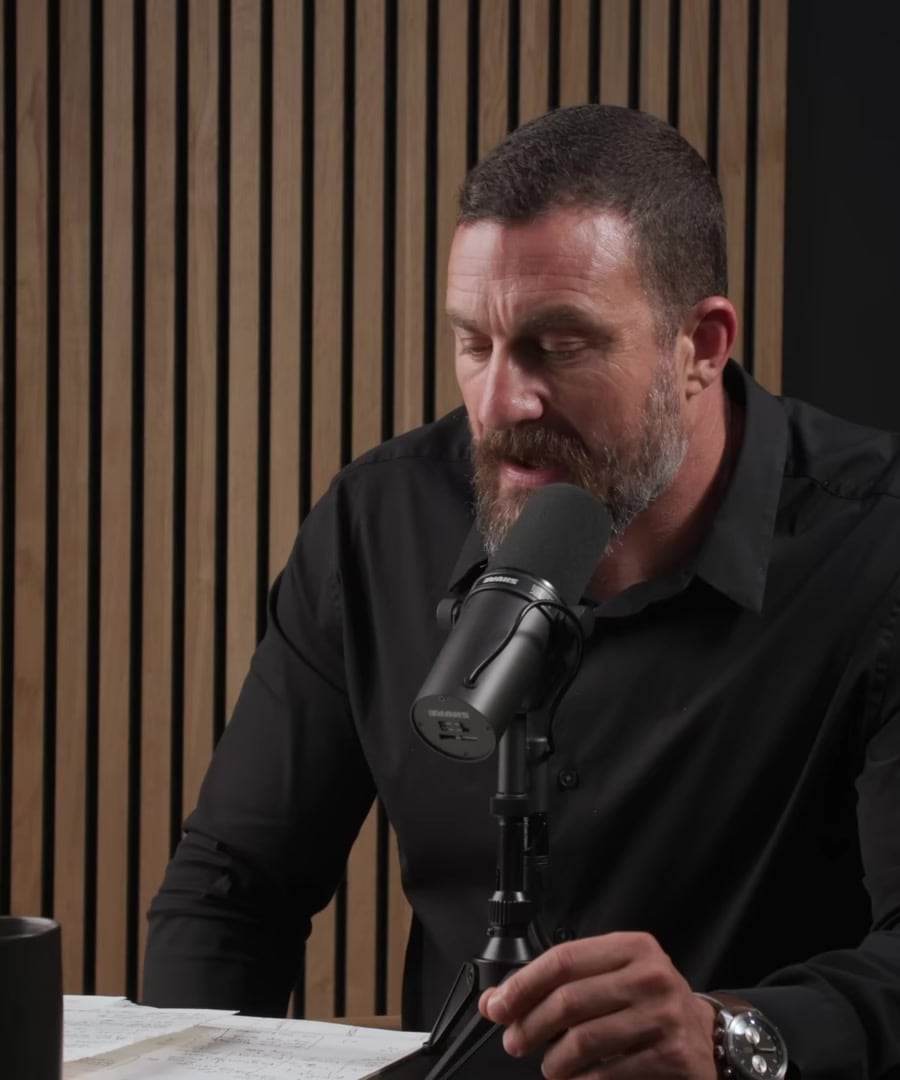Function of carbohydrates in the body
Sources:
Carbohydrates play several important roles in the body, including:
- Energy Source: Glucose from carbohydrates is a primary energy source for all cells, especially the brain and heart. The body can make glucose from amino acids and the glycerol portion of triglycerides if not consumed directly, hinting at its essential nature for health 1.
- Carbon Circulation: Carbohydrates participate in the circulation of carbon within plants and humans. In humans, they're stored as glycogen in muscles or the liver and as glucose in blood. Carbohydrates are critical for energy provision and storage 2.
- Brain Function: Glucose is vital for brain function, including neuron activity in the visual cortex, highlighting its importance for perception and behavior 3. Additionally, astrocytes deliver glucose to neurons, emphasizing blood sugar's role in neuronal function 4.
- Stress and Cortisol Regulation: Eating carbohydrates, particularly starchy ones, can inhibit cortisol, lowering stress and potentially improving sleep quality. Carbohydrates signal energy availability to the body, allowing cortisol to decrease 5.
- Sleep Induction: Carbohydrate-rich foods can induce sleepiness and calmness by stimulating tryptophan release, which is useful in transitioning to sleep 6.
Carbohydrates are indispensable for energy production, structural changes in proteins, and various physiological responses such as stress regulation and sleep facilitation.
RELATED QUESTIONSFunction of fat in the body
Sources:
Fat in the human body serves several critical functions, including:
- Insulation and Protection: Fat acts as an insulator to help maintain body temperature and as protective padding for vital organs.
- Energy Storage: It is a dense source of energy, with 1 gram of fat providing about 9 calories, which the body can use when needed.
- Hormone Production and Regulation: Fat plays a role in producing and regulating hormones. For example, it's involved with the release of leptin, which affects hunger and the reproductive cycle 1.
- Cell Structure: Fats contribute to the structure of cell membranes, providing the necessary environment for cellular functions and communication.
- Vitamin Absorption: Certain vitamins, like A, D, E, and K, are fat-soluble, meaning they need fat to be absorbed and utilized by the body.
Specifically, discusses the different roles of fat, such as signaling to the brain about body energy reserves via hormones like leptin and the direct impact brain health and function through structural fat, which is different from storage fat 2. Additionally, local hyperthermia therapy, which involves the heating of certain body parts, was shown to convert white fat to beige and brown fat, which are more metabolically active and can generate heat in the body 3. These discussions by Dr. Huberman highlight the diverse and essential roles that fat plays in maintaining a healthy and functional body.
RELATED QUESTIONSfunction of protein in the body
Sources:
Protein in the body plays crucial roles including:
- Structural Components: Proteins form essential parts of tissues, muscles, and organs, providing structure and support.
- Enzymes: Many enzymes are proteins that speed up chemical reactions in the body, critical for digestion, metabolism, and other vital processes.
- Hormones: Some hormones are proteins, like insulin, which regulates blood glucose levels 1.
- Immune System: Proteins help form antibodies that protect the body from foreign pathogens.
- Transport and Storage: Proteins transport substances in the blood and store nutrients.
- Repair and Maintenance: Protein is involved in repairing and maintaining body tissues, including muscle damage from daily wear and tear.
Specifically, in the context of muscle and energy metabolism, and guests discuss protein's role in muscle growth and hypertrophy, describing the timing of protein intake as influential in optimizing muscle protein synthesis 2. Protein breakdown and autophagy, which pertain to removing damaged or unneeded proteins to be replaced with functioning ones, are another key aspect 3. Moreover, they describe how excess amino acids, beyond the amount needed for muscle growth or repair in non-athletes, are metabolized in the liver and involved in energy generation 4. These discussions illuminate the broad and dynamic functions of protein in health and metabolism.
RELATED QUESTIONSenergy pathways
Sources:
Function of carbohydrates in the body
- RELATED QUESTIONS
Function of fat in the body
- RELATED QUESTIONS
function of protein in the body
- RELATED QUESTIONS
energy pathways












